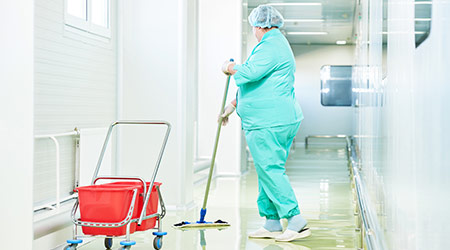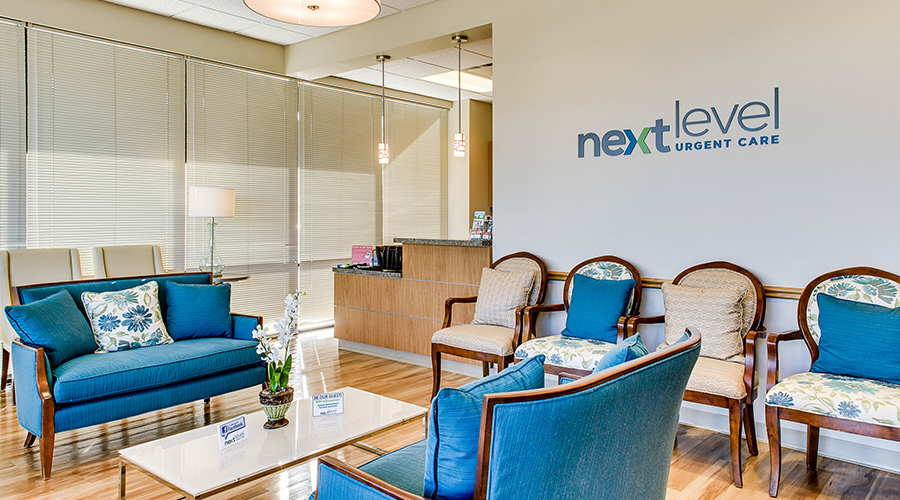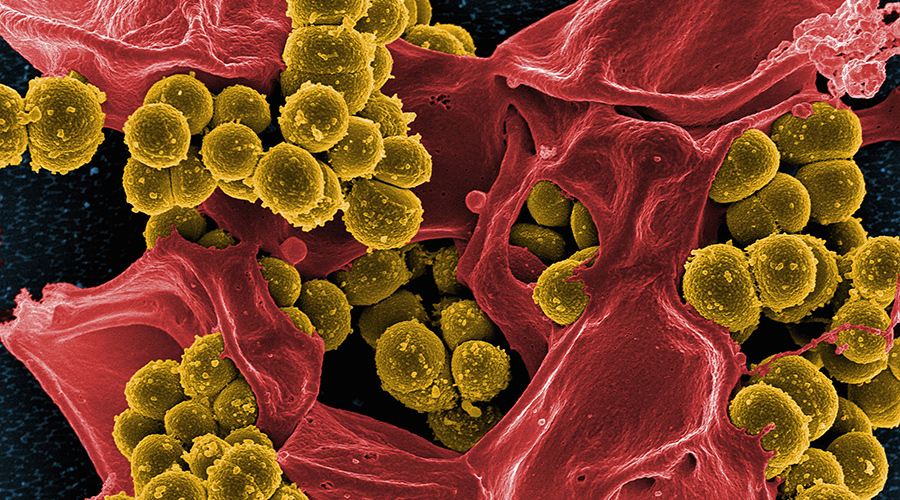
Disinfectants may be helping create superbugs
Research has led to calls for the products - Chlorhexidine and Mupirocin - to be more strictly regulated
Doctors have called for common hospital disinfectants to be regulated like antibiotics after studies suggest that the chemicals are helping create resistant superbugs, according to an article on The Herald website.
The researchers at Scotland's University of Aberdeen say that as many as 10 to 15 patients a month — in an average intensive care ward — are contracting infections linked to the overuse of disinfectants.
This has led to calls for the products - Chlorhexidine and Mupirocin - to be more strictly regulated.
The results suggest that healthcare facilities need to change the way they think about using disinfectants, particularly in the hospital setting. The research showed that in environments with a high concentration of disinfectant, previously harmless staphylococcus epidermidis bacteria can develop resistance to treatments commonly used to treat infection.
Despite the concerns over the use of the disinfectants, the researchers stops short of calling for hospitals to ban them.
March 25, 2019
Recent Posts
 Swatting Calls, Hoax Threats Have Real Consequences for Healthcare
Swatting Calls, Hoax Threats Have Real Consequences for Healthcare
A recent report of a shooting at a hospital in California turned out to be a possible swatting incident.
 Next Level Announces Expansion of Conroe, Texas Clinic
Next Level Announces Expansion of Conroe, Texas Clinic
The expanded facility will offer additional exam rooms, improved patient flow and an enhanced waiting area designed with patient comfort in mind.
 Beacon's Memorial Hospital of South Bend Tower Reaches Construction Milestone
Beacon's Memorial Hospital of South Bend Tower Reaches Construction Milestone
The first steel beams have begun to arrive for the project.
 The HAI Challenge Goes On
The HAI Challenge Goes On
The CDC estimates that about 23,000 people die each year from 17 types of antimicrobial-resistant infections acquired in healthcare facilities.
 Report: Violence Costs Hospitals More than $18B Per Year
Report: Violence Costs Hospitals More than $18B Per Year
Building safety into the facilities’ designs is one approach to preventing violence and ensuring resilience.